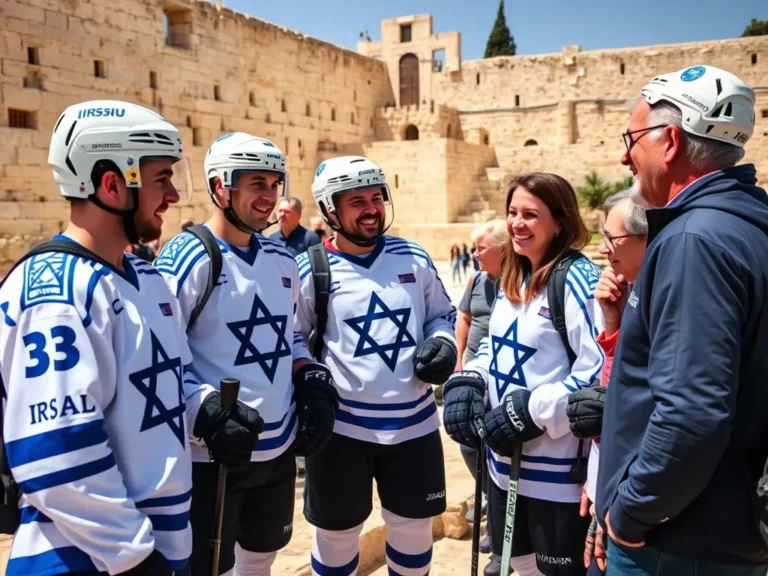The Holocaust remains one of history’s darkest chapters—a systematic genocide that claimed the lives of six million Jewish men, women, and children, along with millions of others targeted by Nazi persecution. As time passes and the number of survivors dwindles, Holocaust education becomes more critical than ever. Understanding the Holocaust is not just about learning history; it is about ensuring that its lessons shape a more just and tolerant future.
Why Holocaust Education Matters
- Preserving Historical Truth
Misinformation, distortion, and outright denial of the Holocaust remain serious threats. Educating future generations with factual, well-documented evidence ensures that the truth is never forgotten or manipulated. Institutions like Yad Vashem in Israel and the United States Holocaust Memorial Museum work tirelessly to document survivor testimonies and historical records, reinforcing the authenticity of these events. - Understanding the Dangers of Hate and Prejudice
The Holocaust did not happen overnight; it was the result of escalating discrimination, propaganda, and the systematic dehumanization of an entire people. By studying this process, students learn how unchecked hate, racism, and intolerance can lead to mass atrocities. - Promoting Human Rights and Tolerance
Holocaust education encourages discussions on human rights, ethical leadership, and moral responsibility. It teaches the importance of standing against injustice, discrimination, and antisemitism—issues that persist in modern society. Programs like those led by the International Holocaust Remembrance Alliance (IHRA) emphasize the need to apply these lessons to contemporary issues of hate and extremism. - Giving Voice to Survivors’ Testimonies
Hearing personal stories from Holocaust survivors provides a powerful, human connection to history. Organizations worldwide have recorded thousands of survivor testimonies, ensuring that their voices live on. These accounts offer insight into resilience, survival, and the enduring spirit of those who lived through unimaginable horror.
Holocaust Education in Action
Many programs worldwide integrate Holocaust studies into their curriculum, offering visits to Holocaust museums, discussions with survivors, and educational trips to historic sites like Auschwitz and Yad Vashem. Programs such as IEHL Gives dedicate sections of their initiatives to visiting Holocaust museums, engaging in survivor meetings, and exploring Jewish heritage to foster a deeper understanding of history and its relevance today.
Holocaust education is not just about remembering the past—it is about shaping the future. By teaching the realities of the Holocaust, we equip future generations with the knowledge and moral responsibility to challenge hatred, protect human rights, and ensure that “Never Again” is not just a phrase, but a commitment to a better world.

